Sprightful and impeccable are two words to describe Indonesian traditional alcoholic beverages. Long ago, the Indonesians intricately crafted varying distilled or fermented beverages using unique regional traditions sourced from indigenous ingredients from natural resources, ranging from sugar palm to coconut sap.
This tradition lives on in this day and age but is kept in a minimum scope. A throng of cultures consider these traditional drinks beyond a pleasant treat but as a significant part of offerings or for ceremonies, and even as a replacement for scarce clean water. However, these drinks are open to local and foreign tourists to savour the cultural experience. Shall we start delving into the vibrant tapestry of such richness from the West to the East?
Traditional Indonesian Alcohol Beverages
Tuak
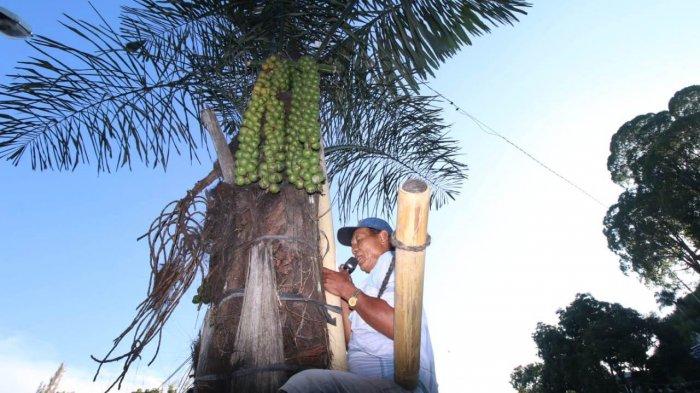
In the heart of North Sumatra, particularly in the Toba and Tapanuli regions, tuak holds a cherished place, often gracing the tables of traditional gatherings and celebrations. It’s a spirited elixir made from the fermentation of neera and is sometimes mixed with dried fruits, which oozes its sweetness. This palm wine boasts an alcohol content ranging from five to 20 percent. You can find tuak at Batak weddings and other ceremonies, as well as a Bataknese home with guests over.
Arak Bali
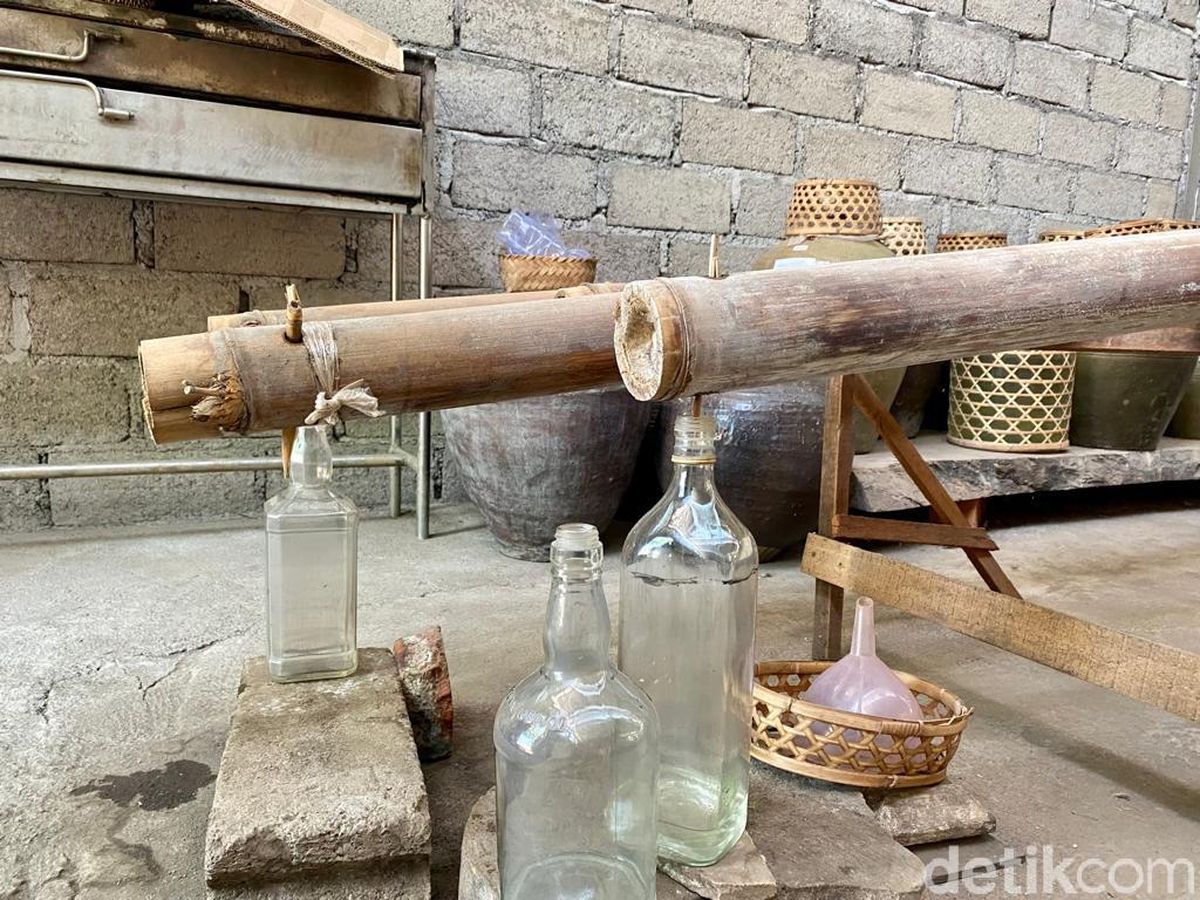
Glutinous rice or sap from sugar palm or coconut trees creates the traditional spirit called Arak Bali. This spirited elixir is deeply woven into the fabric of Balinese culture. Originally used for rituals and traditional ceremonies as a tribute to the deities, anyone these days can enjoy Arak Bali’s distinctive taste and warming sensation either whilst on the island of the Gods or brought home as a souvenir.
Ciu
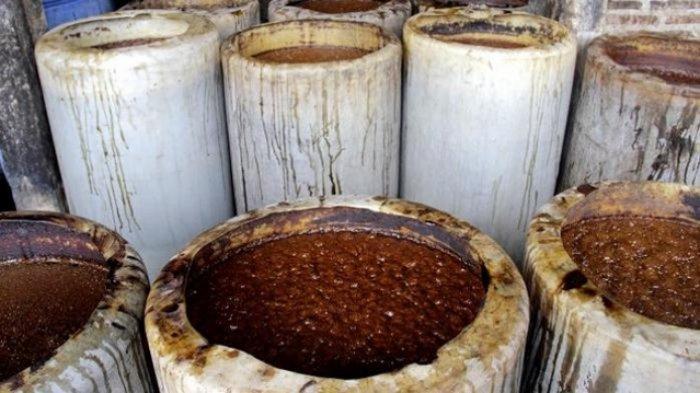
Central Java was the haven of sugar plantations and production during the colonial era. Therefore, Ciu became a staple at gatherings of the middle and lower classes who concocted varying versions of this crystal-clear beverage. For example, Ciu Bekonang’s essence is in distilled molasses. Regardless of the variations, this sugarcane-based wine is usually sweet and holds a high alcohol content ranging from 50 percent and above.
Cong Yang
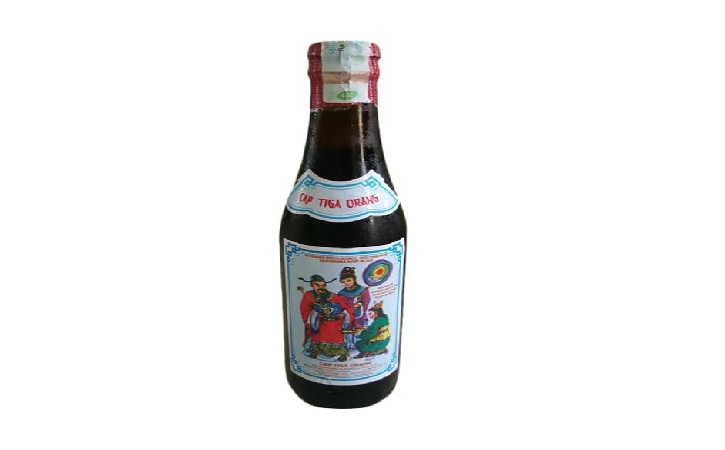
The dynamic Chinatown district of Wotgandul of Semarang birthed Cong Yang. This is a delightful evolution from its predecessor, A Djong. Upon consumption, be prepared to savour the unique interplay of sweet and tart notes of this white rice-based alcoholic beverage.
Sopi
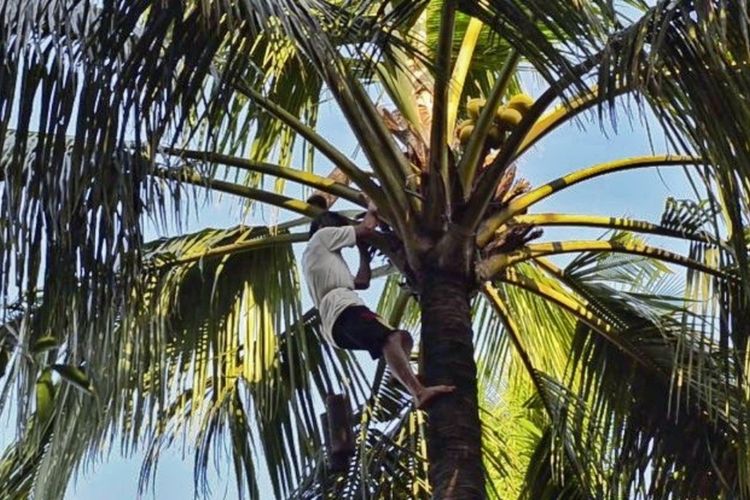
Sopi got its name from “zoopje”, or liquid alcohol in Dutch. A long distillation and fermentation process produces this drink that’s native to Flores, Maluku, and other nearby regions in eastern Indonesia. Referred to as the “Sake of Indonesia”, sopi is made from a type of sugar palm that exudes a strong yet sweet flavour. Sopi poignantly symbolises togetherness and celebration in Flores, making it a distinguished beverage gracing the gatherings of traditional gatherings and special occasions, including honouring guests.
Swansrai
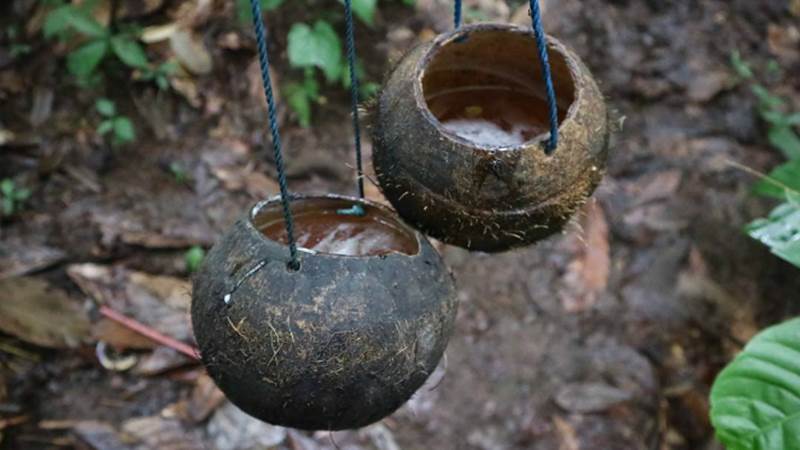
Fermented matured coconut water turns into swansrai, a distinctive Papuan alcoholic beverage that boasts an alcohol content between 20 to 30 percent. Hence, it’s a bitter elixir. The people of Biak, Numfor, and Supiori believe swansrai is only offered to honour esteemed guests. One will drink swansrai in its traditional way which is in coconut shells.
Saguer
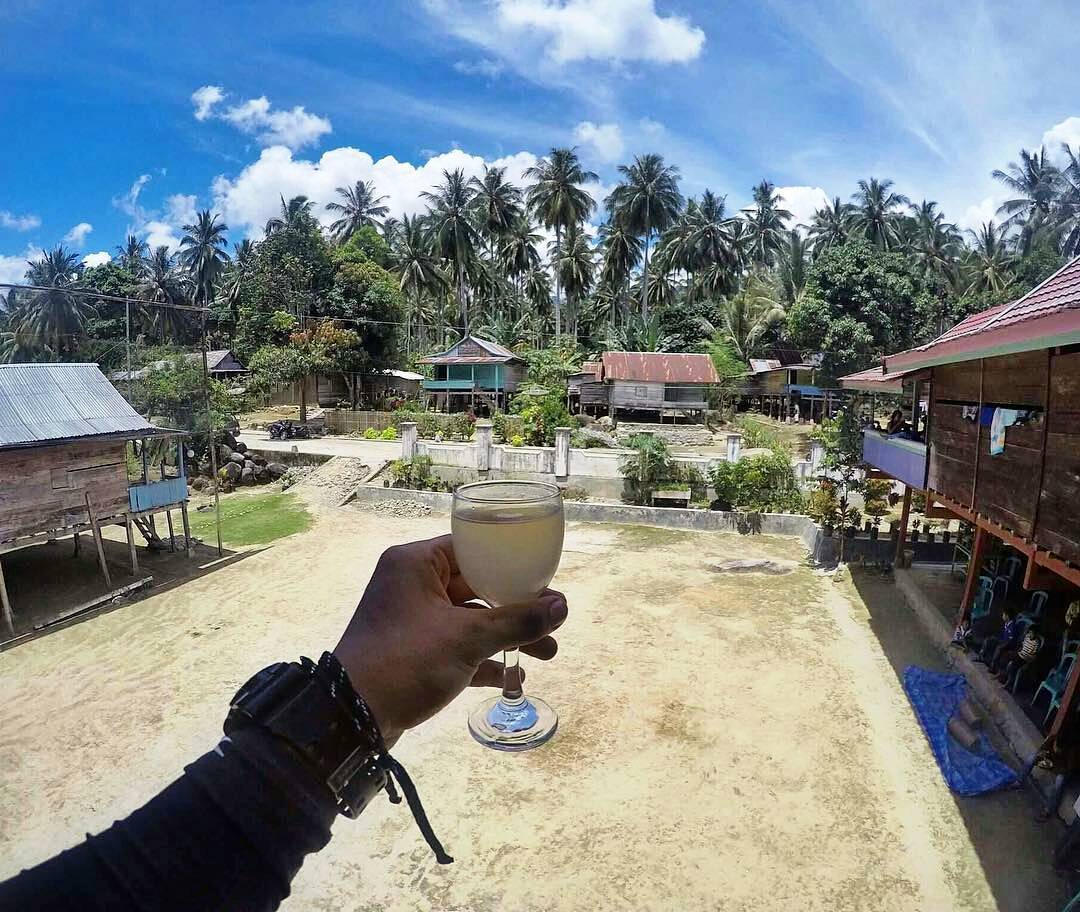
Local legend states that saguer was created by the gods. This traditional beverage was even considered sacred and couldn’t be traded on the markets of Minahasa, North Sulawesi up to the 18th century. Different traditions and rituals are associated with saguer, namely often used during ceremonies when relocating to a new house.
Ballo
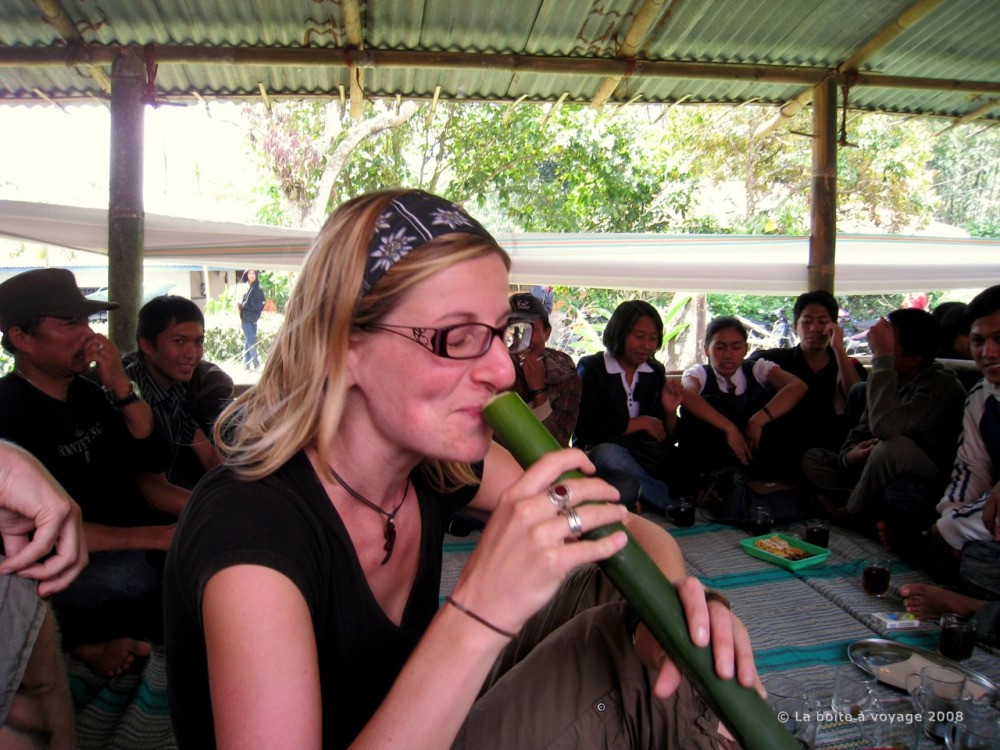
Ballo is fermented sugar palm sap that’s almost exclusively derived from the lontar tree of Toraja, South Sulawesi. Although ballo can also be fashioned from rice or nipa trees that undergo fermentation, settling, and distillation steps. This traditional beverage has a five to 10 percent alcohol concentration and high sugar content, typically presented in a bamboo vessel. Ballo’s warming and soothing sensations were initially reserved as an offering for the ancestral spirits as well as a treat for esteemed guests. But it’s accessible to all these days.



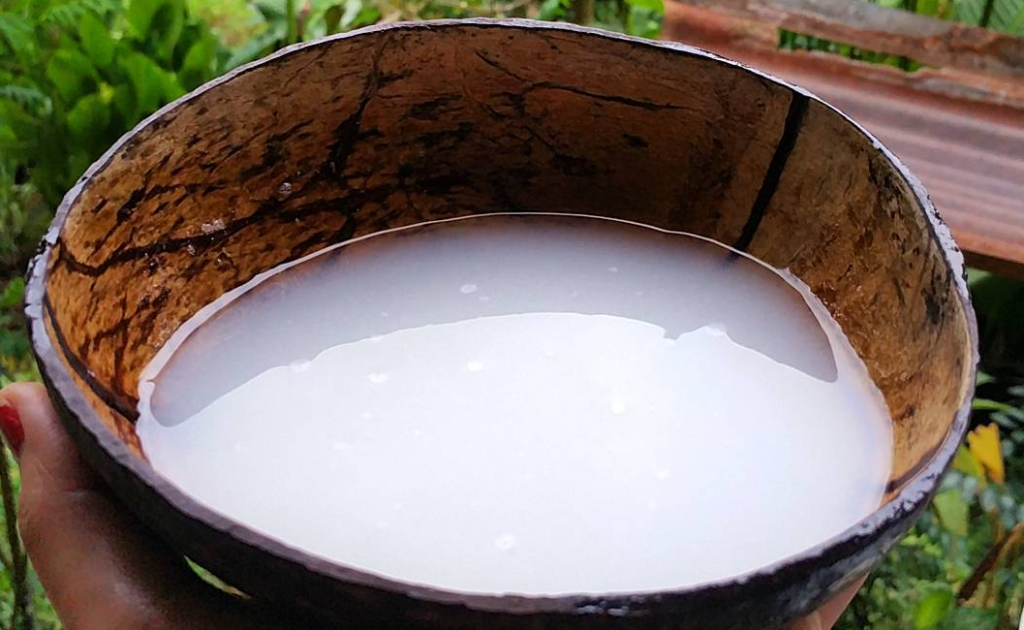
 Mirella Pandjaitan
Mirella Pandjaitan
 Sep 05, 2024
Sep 05, 2024